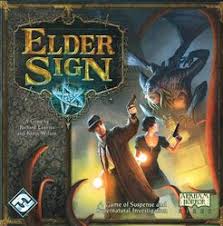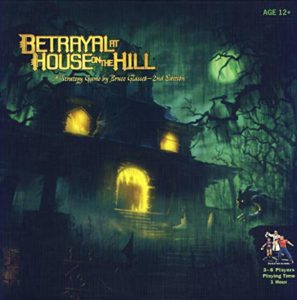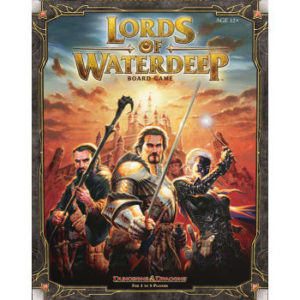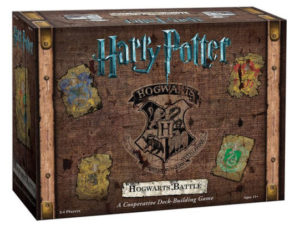There’s often a huge cry from some quarters that that creatives need to keep their politics out of their arts. The arts are there for simple entertainment not any form a grandstanding.
Naturally this is an ignorant position. Art has the most lasting value when it speaks to values and that can’t be done without stepping on toes.
This is all very evident in movies, television, and literature but even in other matters of creativity the worldview and positions of the author or authors influences the art.
I run an in-person Role Playing Game, or at least I did before the pandemic shut everything down, of Space Opera a massive game from the very early 80s with an amazing detailed, if poorly edited, set of rules. In order to make the game flow quicker and easier once we can assemble to players again, I have been crafting spreadsheets to handle the more tedious and complex calculations the game often calls for. One the objectives were met I decided to expand the project and create a spreadsheet that would use the rules to automatically general star sectors and that has been an interesting experience. Certainly, my Microsoft Excel skills have been expanding but it has also revealed interesting biases of the game’s authors.
For example, a society in Space Opera is rated for its social strength on a scale from 1- 10, with a 1 signifying a society that has collapsed or is in collapse, the world of Mad Max both the original film and its sequels, while a 10 represents a society able to withstand nearly any serious shock with it institutions remaining functional and intact.
The gamemaster rolls a 10-sided die for the social strength and then modifies it based on the type of society and those modifiers express the authors’ biases.
“Open Societies” no modifier, it is whatever is rolled though the game’s heroic Terran Union no planet will score below a 5.
“Corporate Society” no modifiers, somehow you can have both corporate societies that are falling apart which seems illogical, without rule of law there cannot be corporation and societies rock solid and unshakable.
“Aristocratic Society” no modifiers, lord, ladies, kings and all that can be utterly stable withstanding any shock.
“Socialist Society” Max social strength 8, 9s and 10s must be re-generated. hmm socialist systems, without providing a real definition of that means find true stability impossible.
And in case you thought ‘Socialist’ means USSR because this game is a product of late 70s engineering.
“Communist Society” max social strength is 7 with result 8-10 re-rolled.
There buried in the rules in the modifiers are the authors’ political belief that open, capitalist societies are inherently more stable than other systems.
All art, even gaming, is political.







